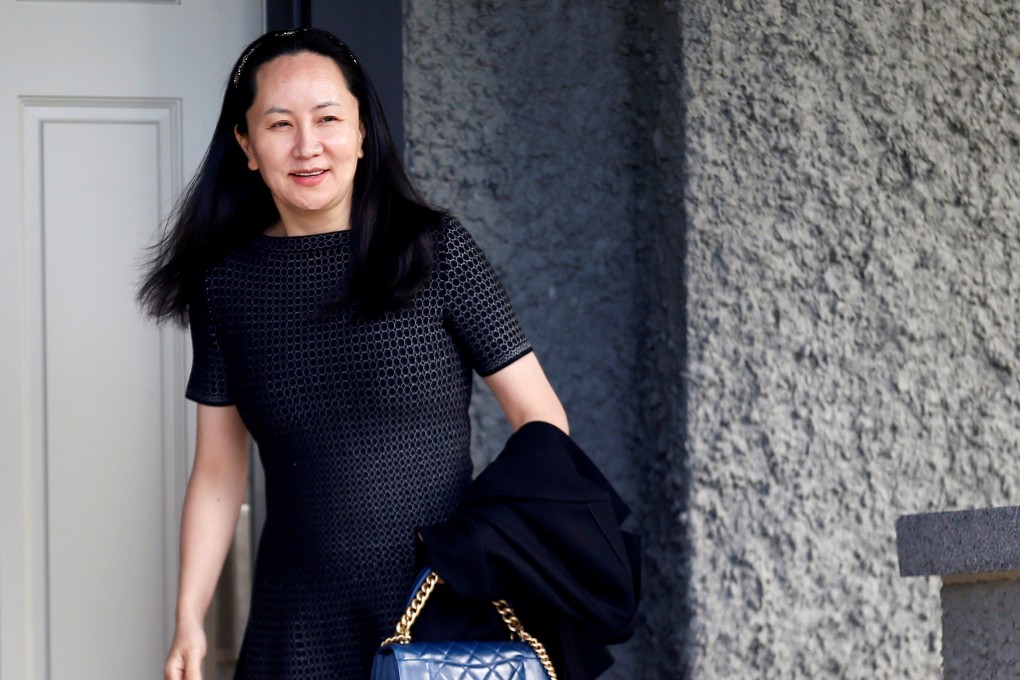Meng Wanzhou faces January extradition hearing as lawyers brace for two-year fight amid ongoing Huawei trade war drama
- Canadian judge sets formal extradition case to begin on January 20, 2020, hearings expected to run until at least October 2020
- Any ruling on Meng’s extradition to the US to face fraud charges related to Huawei’s alleged breach of Iran sanctions would come later

The extradition battle over Huawei CFO Meng Wanzhou could run until at least October 2020 according to plans announced by the British Columbia Supreme Court on Thursday.
David Martin, one of Meng’s lawyers, told the court that it would be “a record” if a ruling on whether to send Meng to the United States – where she has been accused of committing fraud in relation to Huawei’s alleged breach of US sanctions on Iran – were to be made within two years.
Associate Chief Justice Heather Holmes set the formal extradition case to begin on January 20, 2020, with the start of committal hearings, as she broadly agreed to a schedule proposed by Meng’s legal team, in consultation with crown lawyers who represent the US.
But the fight over Meng’s fate has already been under way since December 1, when she was detained at Vancouver International Airport on a stopover on her way from Hong Kong to Mexico.
The daughter of Huawei founder Ren Zhengfei is currently out on C$10 million (US$7.5 million) bail, living in her C$13.3 million mansion in Vancouver’s exclusive Shaughnessy district, wearing an ankle monitor and under the watch of private guards.